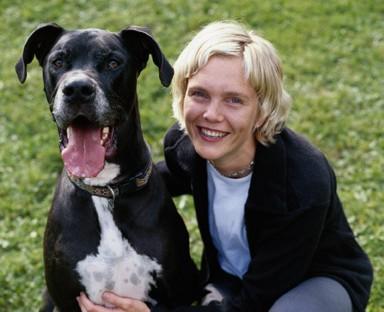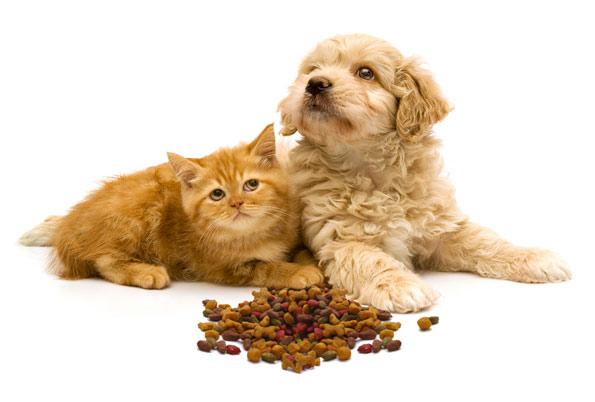What Makes Cats Different?
Unlike humans and dogs, cats are obligate carnivores. Let’s consider how cats became domesticated. Cats were attracted to human settlements because the rats and mice that humans attracted were delicious and plentiful food sources. Essentially, cats domesticated themselves as they opted to live around humans to access these food sources.
What Does This Mean For Their Nutrition?
What this means to a cat’s diet is that they are obligate carnivores who thrive off a diet composed mostly of water, then protein and fat, with little carbohydrates (basically the components of a mouse!). Cats get most of their water from their food, and are most efficient at deriving energy from protein. In fact, in one study, cats actually preferred to eat a higher protein diet that tasted bad, versus a higher carbohydrate diet that tasted good!
So What should I Feed My Cat?
Here at Mitchell Veterinary Services, we recommend feeding your cat a mostly canned food diet. Canned food contains more water and protein than a kibble based diet, which is more appropriate for your cat. However, not all canned foods are created equal, and some can even be very high in carbohydrates. Ideally, the protein source should be meat-based, as cats digest these more readily. You should speak with your veterinarian about what is the best food to feed your cat. Your cat should receive 2-3 canned food meals per day.
Should I Totally Avoid Kibble?
While cats can thrive on a completely canned food diet, we understand that some cats do like to graze throughout the day. In these cases, feeding some kibble is perfectly fine for your cat. We often recommend a specific veterinary dental diet for cats, as these have been proven to reduce the risk of dental disease. The focus, however, should still be on feeding mostly canned food, with only some kibbles to nibble on through the day. You should speak with your veterinarian about the exact amounts you should be feeding your cat to ensure they do not become an unhealthy weight.
Will My Cat Gain Weight Eating More Canned Food?
No! While you always need to measure the food amounts to ensure you are not over feeding your cat, cats that eat canned food tend to maintain a better body condition than those fed kibble. Feeding your cat canned food, being high in protein and low in carbohydrates, can actually help them lose weight. Kibble is far more energy dense than canned food, and so it is far easier to over feed with kibble (or for your cat to over eat!).
Will Eating More Caned Food Cause Bad Teeth?
Only veterinary dental specific diets have been shown to help prevent dental disease in cats. Any other kibble does not have this effect. This is why we recommend a dental diet be fed with canned food. That being said, brushing your cat’s teeth is really the best way to prevent dental disease, no matter what they are fed.
What About Raw Food Diets?
Many people feel that feeding raw is closest to what our pets would eat in nature, and therefore should be healthiest for them. Generally speaking, our pets’ wild cousins live significantly shorter lives, and we definitely do not want this for our pets! Unfortunately, there are no scientific studies that prove feeding a raw food diet has any added health benefits compared to feeding a balanced home cooked diet. Raw food diets also carry significant risks associated with them, including nutrient imbalances and dangerous infectious bacteria such as salmonella. This can make both pets, and the humans interacting with them, very ill. As veterinarians, we have to be considerate of what is best for both our patients and their humans, and therefore do not recommend feeding a raw diet.
What About A Home-Cooked Diet?
In our experience, we have found home-cooked diets have been very helpful for a few different medical issues that we see in some cats. We do have to make sure these diets are completely nutritionally balanced, and so it is best to approach these diets with the guidance of your veterinarian.
How Do I Know How Much to Feed My Cat?
The best thing you can do is contact your veterinarian. Your vet can examine your cat and know whether they need to lose, gain, or maintain their current weight. They can then give you an exact amount of canned and kibble that would be best to feed your cat. If your cat has any special health needs (diabetes, renal disease, arthritis, urinary crystals, etc), your vet can also give recommendations as to the best diets and supplements that will help your cat with their condition.



